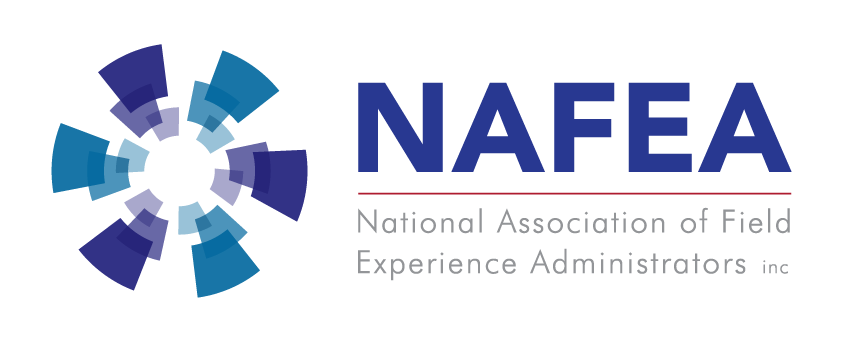Applications are now closed. The next round will open mid-2024.
The Project Grant Program provides funding for NAFEA members to undertake research/projects in the area of work integrated learning.
Applications are invited on topics related to one of the following themes:
- Improvement of WIL administrative processes;
- Use of technology to enhance WIL administrative processes;
- Evaluation of the benefits of industry partners/organisations hosting students;
- Development of resources that support students, industry partners/organisations and supervisors on placement;
- Equity and access to WIL;
- Rural and remote WIL.
Successful projects will be funded up to $5000.
Please read through the program guidelines carefully and ensure you meet the eligibility criteria before applying. To apply, complete the NAFEA Project Grant Program Application Template.
For an example of an application, see the NAFEA Project Grant Application Example.
On completion of your project, you will be required to present your project at a NAFEA event as well as complete the NAFEA Project Report Template.
Additional Information:
Since the beginning of the program in 2017, NAFEA has awarded more than $33,000 to 14 projects across 9 institutions.
| University |
2017 |
2018 |
2019 |
2020 |
2021 |
2022 |
Grand Total |
| Federation University |
|
|
|
|
1 |
|
1 |
| Flinders University |
|
|
|
|
1 |
|
1 |
| Griffith University |
|
1 |
1 |
1 |
|
|
3 |
| La Trobe University |
|
|
1 |
|
|
|
1 |
| Monash University |
1 |
|
1 |
|
|
|
2 |
| Swinburn University |
|
|
2 |
|
|
|
2 |
| University of Southern Queensland |
|
|
|
1 |
|
|
1 |
| University of Wollongong |
|
|
|
1 |
|
|
1 |
| Victoria University |
|
1 |
|
|
|
|
1 |
| Grand Total |
1 |
2 |
5 |
3 |
2 |
1 |
14 |
Resilience in times of COVID: Embedding self-care and wellbeing strategies in professional experience
University of South Queensland Project team: Elizabeth Curtis, Tania Leach and Nicole Brownlie
As we find our ‘new normal’ through the wide-reaching impacts of a global pandemic, more than ever, the wellbeing of teachers is of upmost importance. With this context testing the resilience of even the most experienced teachers, care and attention needs to be given to how future teachers are prepared to manage themselves and their students in times of uncertainty and change. This project seeks to understand the impact of embedded social and emotional wellbeing skills and strategies in the preparation of pre-service teachers for school-based professional experience on perceived levels of resilience and coping mechanisms.
WIL paused – the nursing students experiences during COVID-19
Griffith University Project team: Lynda Hughes, Judith Needham, Valda Frommolt, Danny Sidwell and Judy Batkin
During the COVID-19 pandemic, challenges to Work Integrated Learning (WIL) offerings/allocations have been numerous, and as such government bodies, academic institutions and professional organisations urgently adapted policy, education programs and guidelines in response. In light of these responses to the changing environment, many students progressed with their WIL experiences. There were however, a significant number of students who elected to defer or withdraw from their WIL experiences. A mixed methods study will be conducted to explore the experiences of Bachelor of Nursing students who deferred or withdrew from their WIL experiences during the COVID-19 pandemic period. A survey will be conducted as the first phase of the project to identify their rationales and decision making behind pausing or altering their WIL experience. The second phase of the project will utilise findings from phase one and seek further exploration of the experiences of participants through interviews, identifying personal, professional and/or organisational aspects that contributed to their decisions.
Enabling safety and wellbeing in WIL: Designing a COVID-19 recovery WHS training program for students
University of Wollongong Project team: Lara Pugh, Belinda Margetts, Leanne Treadwell and Dominic Riordan
Work Health and Safety (WHS) is not merely about physical health and safety. WHS needs to encompass psychological and psychosocial health and safety if WHS workplace practices are to address matters such as diversity, equity and inclusion. COVID-19 has complicated matters further as many work placements have to be conducted remotely. The goal of this project is to design an engaging educational program outline that addresses working remotely and workplace bullying, harassment and assault. The development of the program WIL you be safe at work? through the project grant funding supports UOW’s Preventative WHS model for WIL placing ‘what the student knows’ at the centre of the WHS risk management process for WIL.
‘The Rack’ Clothes Renting Project
Naomi Browning, Deanne Cannizzaro, Nethmi Ranasinghe, Bianca Bucker, Ondine Bradbury
Engaging La Trobe University International Students – Resources for Students and Industry Partners to facilitate success in Work Integrated Learning programs.
Colleen Holt, Kelly McDermott, Rachael Baron
Exploring the experiences of undergraduate nursing students undertaking clinical placements in rural and remote healthcare agencies in Queensland.
Judith Needham, Kate Barnewall, Valda Frommolt, Danny Sidwell
Engaging in WIL: addressing the unique challenges international students encounter
Tahlia Williams
Miss Ondine Bradbury, Dr. Ange Fitzgerald, Dr. Justen O’Connor and Dr. Trent Brown

